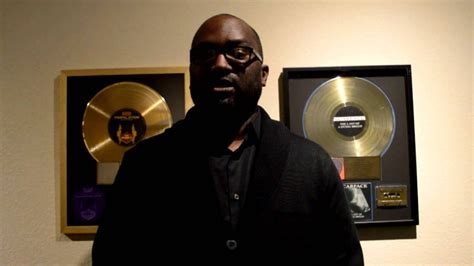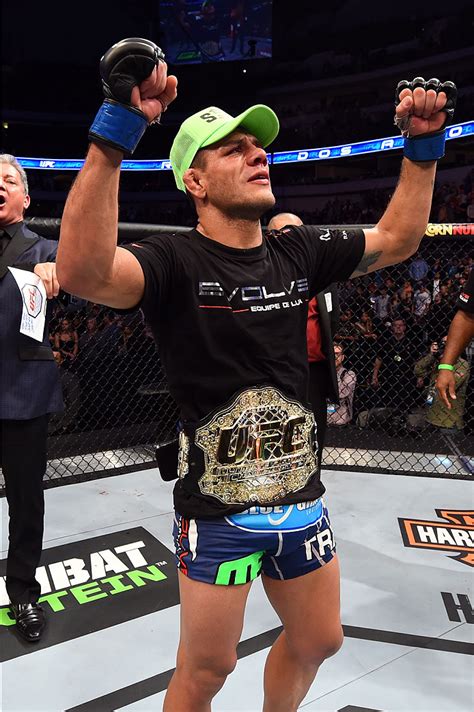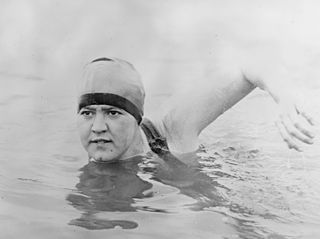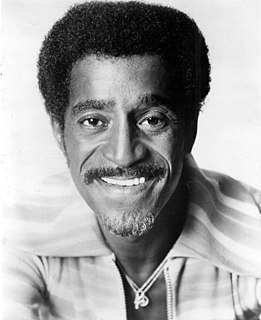A Quote by Damien Hirst
It's very easy to say, 'I could have done that,' after someone's done it. But I did it. You didn't. It didn't exist until I did it.
Related Quotes
Changing things is not easy, and I say this without any irony. It is not that someone does not want to, but because it is a hard thing to do. Take Obama, a forward-thinking man, a liberal, a democrat. Did he not pledge to shut down Guantanamo before his election? But did he do it? No, he did not. And may I ask why not? Did he not want to do it? He wanted to, I am sure he did, but it did not work out. He sincerely wanted to do it, but did not succeed, since it turned out to be very complicated.
I was so lucky because I started working very young. And my father was very wealthy and I didn't need to work. I did my films. I was very well paid for my age, and I could make choices, decide not to do a film for six months and wait until I'd get the right thing. Which made me quite a coward, you know. It's so easy to say no to stuff, and then, after a while, it's very hard to go back in.
When it’s all said and done, I want to be able to say I got the most out of my potential. I don’t want to look back, however many years from now, and say, ‘I wonder if I would have worked a little harder. I wonder if I would have done this or done that, how things would have turned out.’ I want to, when it’s all said and done, be able to put my head on my pillow and say, ‘I did everything I could do — good or bad.’
The Jesuits were quite balked by those Indians who, being burned at the stake, suggested new modes of tortures to their tormentors. Being superior to physical suffering, it sometimes chanced that they were superior to any consolation which the missionaries could offer; and the law to do as you would be done by fell with less persuasiveness on the ears of those who, for their part, did not care how they were done by, who loved their enemies after a new fashion, and came very near freely forgiving them all they did.
Obama has done things like Hitler did. Let me be very careful here. The National Socialists rounded people up and held them without trial, signed legislation that gave torture impunity, and spied on their citizens, just as Obama has. It isn't a question of what has been done that Hitler did. It's what does every dictator do, on the left or the right, that is being done here and now.
When I work, my first relationship with people is professional. There are people who want to be your friend right away. I say, "We're not gonna be friends until we get this done. If we don't get this done, we're never going to be friends, because if we don't get the job done, then the one thing we did together that we had to do together we failed."
I bobbed and weaved through my career. And in hindsight, though I'd like to say it was a plan - it was not - the bobbing and the weaving gave me a broad base from which to become an executive who could say, 'OK, I've done this, and I've done this, and I've done this.' And nobody could BS me, because I'd done most of it.








































